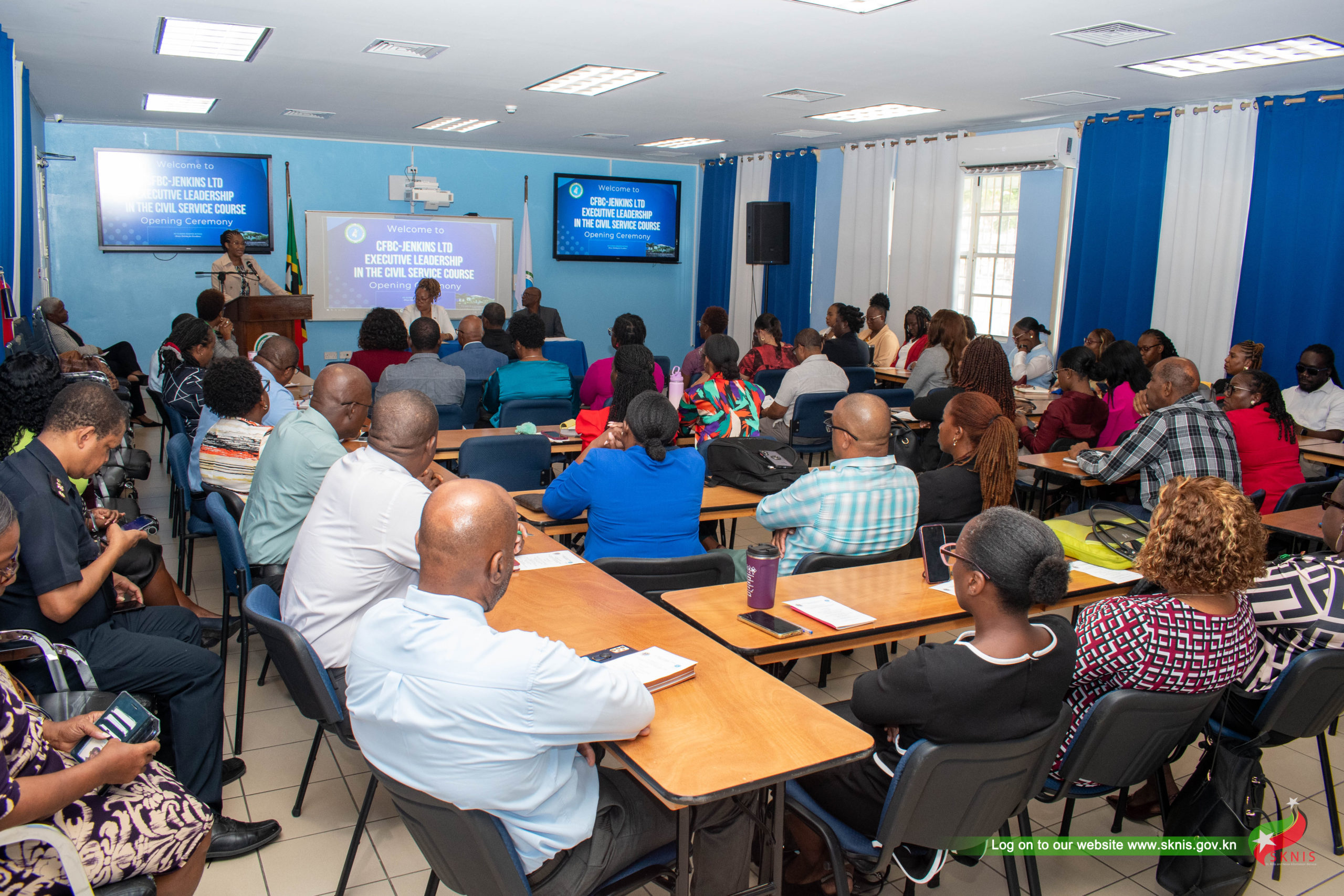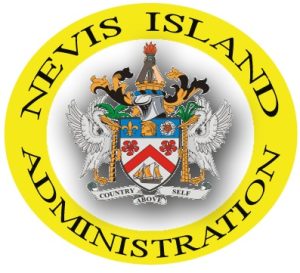High Court Denies ECCO’s Application for Interim Injunction
The High Court of Justice in Saint Kitts and Nevis delivered a significant ruling on June 5, 2025, denying the Eastern Caribbean Collective Organisation for Music Rights (ECCO) Inc.’s request for an interim injunction against the enforcement of the 2024 Copyright (Collective Management Organisations) Regulations. This decision effectively upholds the government’s authority to implement a licensing framework designed to protect local creatives and the public from potentially exploitative practices within the collective rights management sphere. The court’s refusal to grant the injunction allows the government to continue enforcing the regulations while the substantive legal challenges raised by ECCO are addressed in a full trial.
The crux of the dispute lies in ECCO’s challenge to the 2024 Regulations, which were enacted under the Copyright Act No. 14 of 2024 and implemented in December 2024. These regulations establish a structured regulatory environment for Collective Management Organisations (CMOs) operating within Saint Kitts and Nevis. The government’s primary objective in enacting these regulations is to promote transparency, accountability, and fairness within the CMO landscape, safeguarding the rights and economic interests of both creatives (artists, musicians, and copyright holders) and event promoters. ECCO’s legal challenge seeks to overturn certain aspects of these regulations, the details of which will be argued at trial.
The government presented a compelling case against granting the interim injunction, citing several key pieces of evidence. Firstly, they demonstrated that ECCO had been actively involved in consultations regarding the development of these regulations since 2023, indicating their awareness of the impending changes. Despite this involvement, ECCO failed to apply for the necessary authorization to operate legally under the new regulatory framework, a significant oversight given their continued issuance of licenses after the regulations came into force in December 2024. This unauthorized operation forms a core element of the government’s argument against granting relief to ECCO.
Further strengthening the government’s position was evidence of ECCO’s precarious corporate standing. The organization failed to file its annual returns for three consecutive years (2023, 2024, and 2025), fulfilling this obligation only after receiving a public notice from the Ministry of Justice and Legal Affairs. This failure to comply with basic corporate governance requirements raises serious concerns about ECCO’s operational integrity and transparency. Additionally, ECCO’s international standing has been compromised, as evidenced by its downgrade to provisional status by its international oversight body, CISAC. Coupled with reports of delayed royalty payments to creatives over several years, this paints a picture of an organization struggling with both internal governance and its core function of protecting the rights and interests of its members.
The 2024 Regulations represent the culmination of over three years of extensive public consultations and collaboration with regional and international stakeholders, including the World Intellectual Property Organization (WIPO). This comprehensive approach underscores the government’s commitment to establishing a robust and internationally recognized regulatory framework for collective rights management. The involvement of WIPO lends further credibility to the regulations, aligning them with global best practices in intellectual property protection.
Minister of Justice and Legal Affairs, Hon. Garth Wilkin, emphasized the government’s commitment to creating a fair and transparent creative economy. He stated that the regulations are crucial for ensuring lawful and credible collective rights management, protecting creative industries from potentially exploitative practices, and empowering the state to safeguard the economic rights of artists, musicians, and other copyright holders. This statement reinforces the government’s position that the regulations are not intended to stifle the creative sector, but rather to promote its sustainable growth by ensuring a level playing field and protecting the rights of all stakeholders.
The government’s ongoing message to the public emphasizes the importance of compliance with the new regulations. It reiterates that ECCO currently lacks the necessary authorization to operate within Saint Kitts and Nevis, and no other CMO has yet received such authorization. This serves as a clear warning to both creatives and event promoters to ensure they are engaging with legally authorized organizations to avoid potential legal ramifications. The Ministry of Justice and Legal Affairs remains committed to fostering a well-regulated creative economy and encourages all organizations operating in the collective management space to adhere to the established legal framework. This commitment underscores the government’s dedication to a sustainable and equitable creative sector, where the rights of all participants are protected and upheld through clear legal frameworks and enforcement mechanisms.
Share this content:










Post Comment